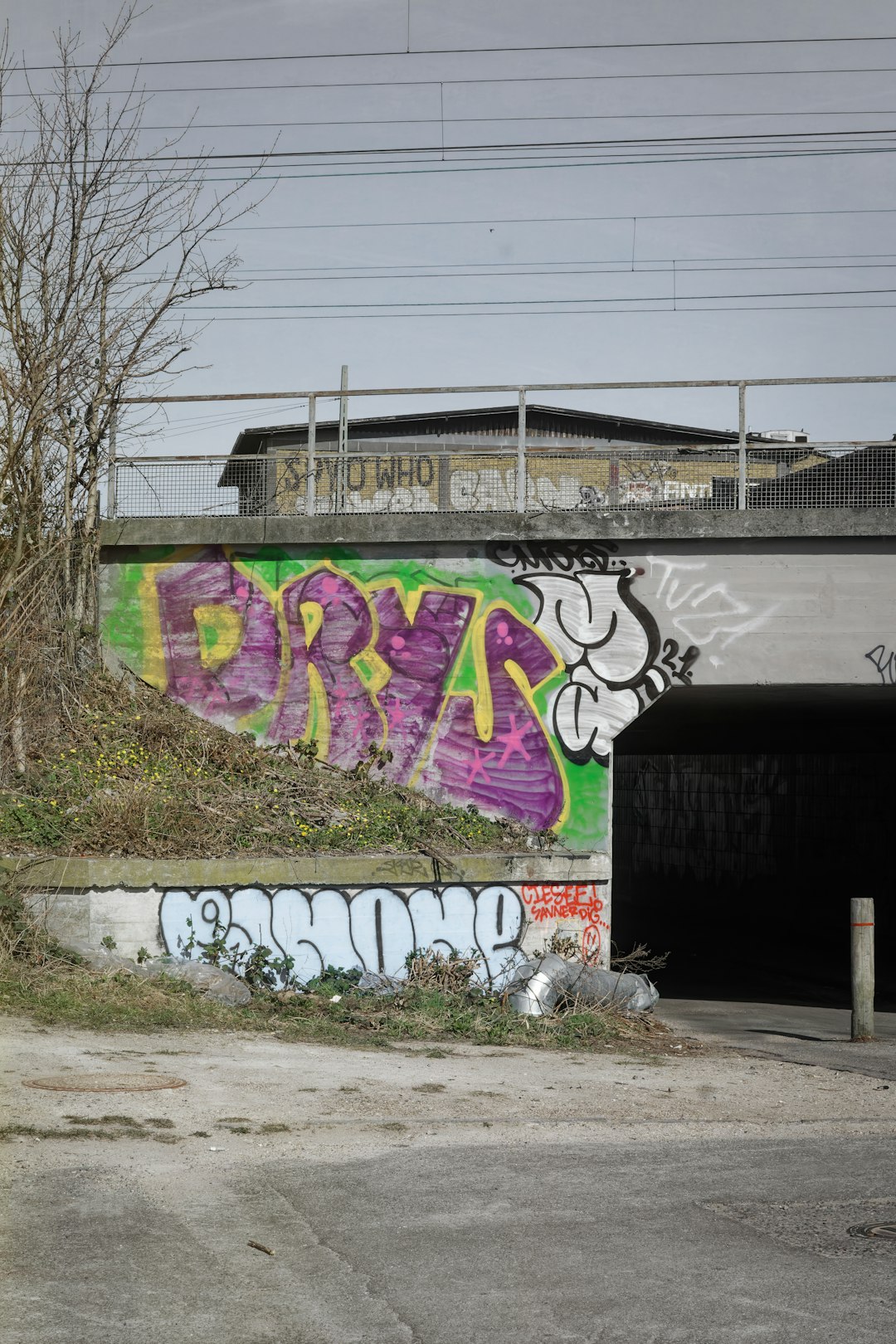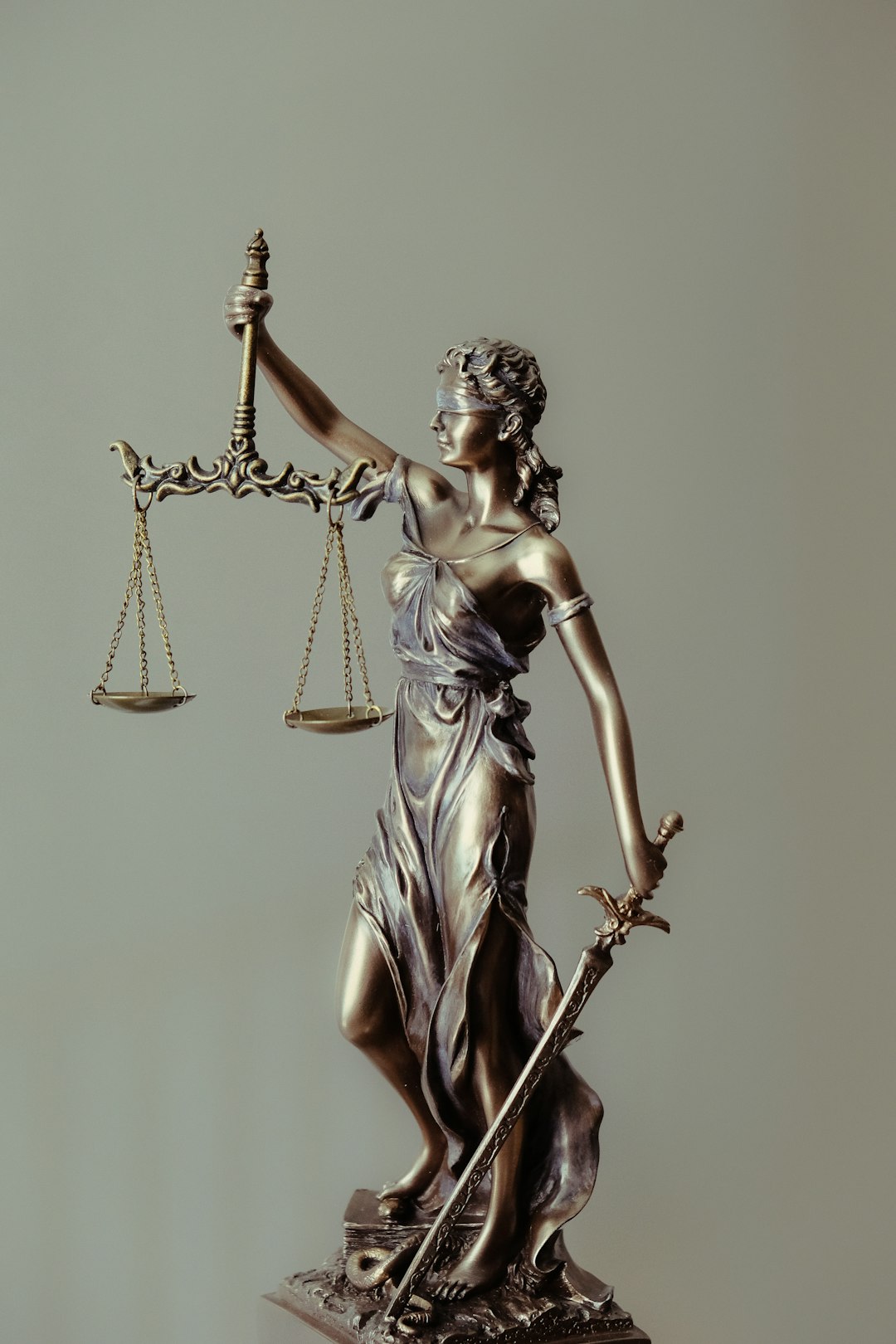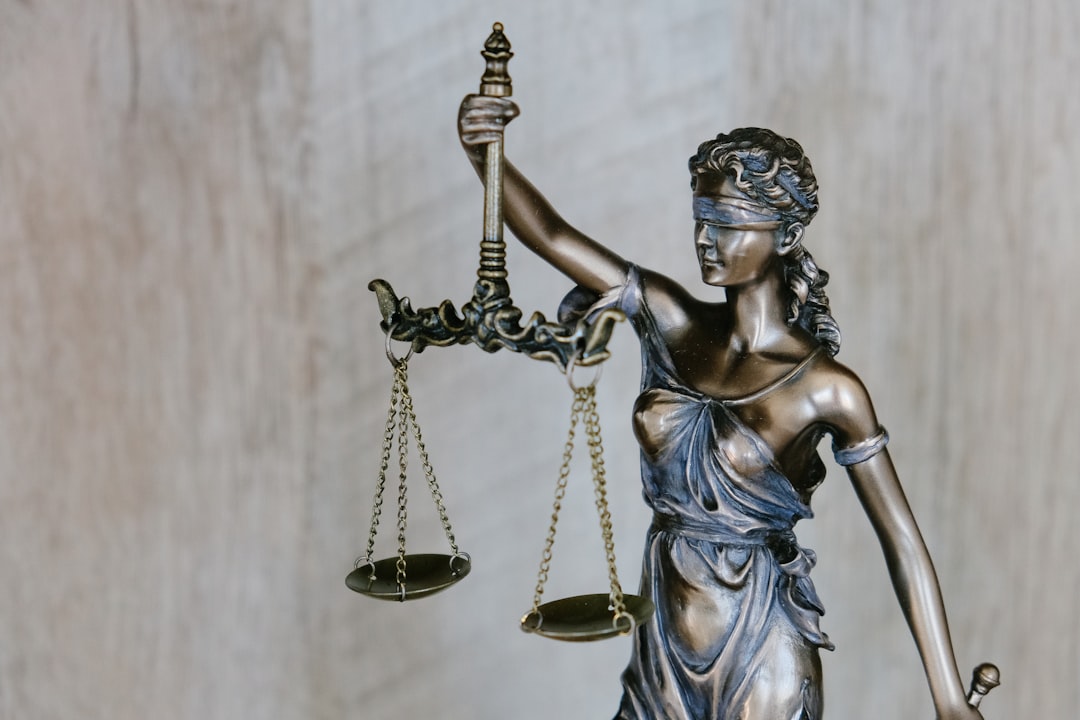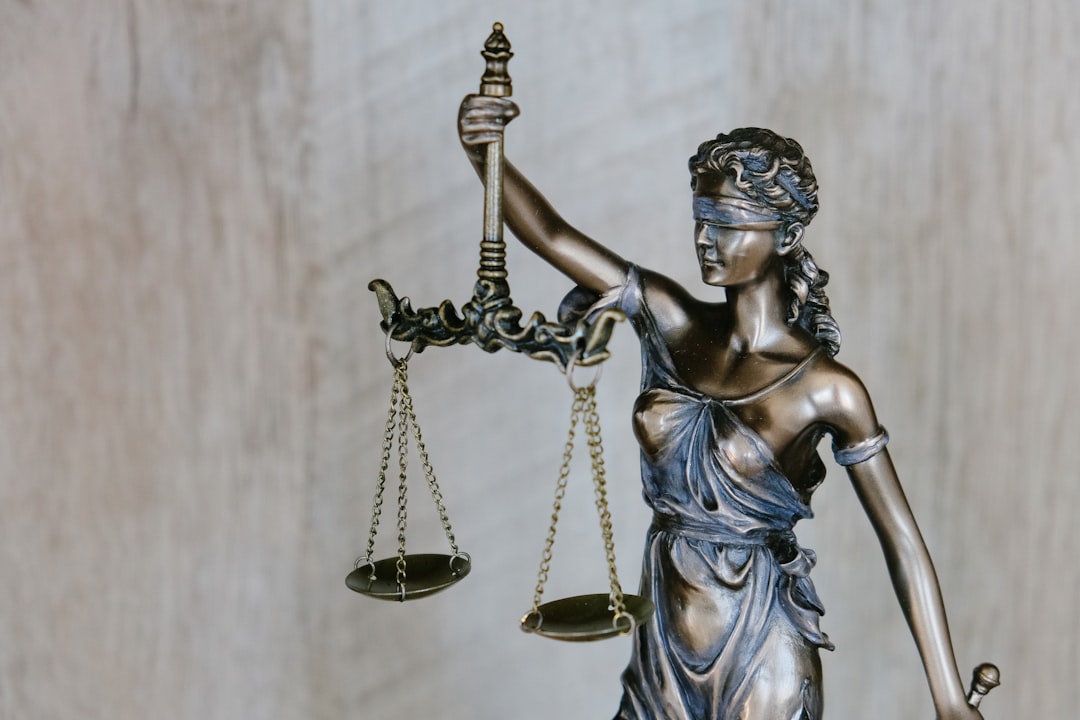Teachers in Jersey City, NJ, are legally obligated to report suspected school abuse and neglect, facing severe consequences for non-compliance, including lawsuits. A school abuse attorney highlights these duties, assists victims, and advises educators on prevention and legal protections. Parents concerned about potential abuse should consult such attorneys for guidance and representation.
In Jersey City, New Jersey, educators play a pivotal role in student welfare. However, questions arise regarding their legal obligations when faced with potential child abuse. This article explores the intricate dynamics of reporting abuse, focusing on the responsibilities of Jersey City teachers and the potential implications for non-compliance. We delve into state laws, district policies, and when teachers might face liability. Understanding these nuances is crucial, especially for families seeking justice through a school abuse attorney in Jersey City NJ.
Legal Obligations of Jersey City Teachers
Teachers in Jersey City, NJ, have a legal obligation to protect students and report any suspected instances of school abuse. According to state laws and regulations, educators are required to act as catalysts for safeguarding children within their care. This includes reporting any form of physical, emotional, or sexual abuse to the appropriate authorities, typically the New Jersey Division of Child Protection and Permanency (DCPF).
A school abuse attorney in Jersey City NJ emphasizes that teachers must be vigilant and take immediate action when they suspect or witness abuse. Failing to report such incidents can lead to legal repercussions for educators. The consequences may include administrative penalties, professional misconduct charges, and even potential civil lawsuits filed by victims or their families seeking compensation for the harm suffered due to the teacher’s failure to act.
Reporting Abuse: State Laws and Guidelines
In New Jersey, the reporting of child abuse is governed by strict state laws and guidelines, designed to protect vulnerable children. All teachers and school personnel are required to report suspected instances of school abuse or neglect to the appropriate authorities, as outlined in the New Jersey Child Secure Act (NJCSA). This law mandates that educators act as “mandated reporters,” meaning they have a legal duty to disclose any knowledge or reasonable suspicion of child abuse or neglect. Failure to comply can result in serious consequences for teachers, including potential liability and legal action.
If a teacher in Jersey City, NJ, fails to report suspected abuse, it could lead to civil lawsuits from the affected individuals or their families. A school abuse attorney in Jersey City, NJ, specializing in these matters, may assist victims in pursuing justice and compensation. It is crucial for educators to understand their reporting responsibilities to avoid potential legal repercussions and ensure the safety and well-being of all students.
The Role of School Districts in Prevention
School districts play a crucial role in preventing and addressing school abuse, including physical, emotional, or sexual misconduct. In Jersey City, NJ, as in many places, the legal responsibility to ensure a safe learning environment extends to school administrators and teachers. According to state laws and regulations, educators are mandated reporters, meaning they are legally required to report any suspected instances of abuse or neglect to relevant authorities. Failure to do so can have severe consequences, including potential lawsuits against both individuals and the school district. A school abuse attorney in Jersey City NJ can guide victims and their families through this complex legal landscape, ensuring that justice is served and that educational institutions are held accountable for their actions or inactions.
To foster a culture of safety, school districts should implement robust prevention programs, regular training for staff, and clear reporting procedures. These measures aim to equip educators with the knowledge and tools needed to identify potential abuse and take appropriate steps to protect students. Additionally, maintaining open lines of communication between schools, parents, and law enforcement is essential in creating a supportive environment where students feel comfortable reporting any incidents without fear of retaliation. Such proactive approaches not only comply with legal obligations but also demonstrate a commitment to the well-being and safety of every student within the district.
When Can Teachers Be Held Liable?
In New Jersey, teachers have a legal obligation to report suspected child abuse or neglect. This responsibility is outlined in state law, which requires educators to report any reasonable suspicion that a child is being abused or neglected. Failure to comply with this duty can have serious consequences for teachers, as they may be held liable for their actions (or inactions).
A school abuse attorney in Jersey City, NJ, would advise that liability typically arises when a teacher disregards clear signs or symptoms of abuse, fails to document and report incidents, or otherwise neglects their reporting duties. If a teacher’s negligence leads to harm or continued abuse for the child, they may face legal repercussions, including personal liability and potential lawsuits. Therefore, it is crucial for teachers in Jersey City to stay vigilant, follow protocol, and prioritize the safety of their students above all else.
Navigating Legal Action: Finding a School Abuse Attorney
If you’re a parent in Jersey City, NJ, concerned about potential abuse within your child’s school, understanding your legal options is crucial. The first step is to consult with a qualified school abuse attorney who specializes in such cases. These experts have the knowledge and experience to guide parents through the complex legal landscape surrounding educational institutions and child protection laws.
A dedicated school abuse attorney in Jersey City NJ will be able to assess your situation, explain your rights, and advise on the best course of action. They can assist with reporting the abuse, investigating potential negligence, and even representing you if legal action is required against those who failed to protect your child—be it school officials or others responsible for student safety.





